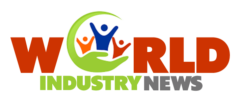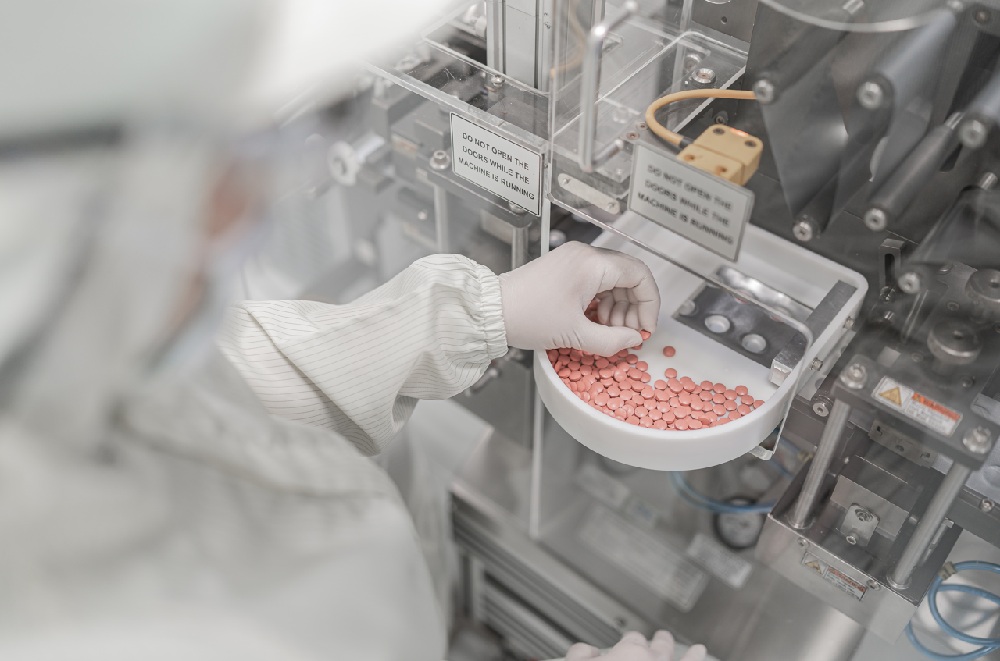Pharmaceutical manufacturing is one of the most complex and highly regulated industries in the world. Success in this field requires more than just advanced equipment and skilled staff. For businesses looking to grow and remain competitive, focusing on a few core essentials can make all the difference.
Below are five critical areas that every pharmaceutical manufacturing business should prioritize to ensure long-term success.
Ensuring Regulatory Compliance and Quality Standards
Compliance is the foundation of pharmaceutical manufacturing. Every product must meet strict standards set by agencies such as the U.S. Food and Drug Administration (FDA) and international regulatory bodies. These standards cover everything from raw material sourcing to packaging and distribution. Failing to comply can result in costly recalls, damaged reputations, and even legal consequences that can take years to recover from.
To maintain compliance, businesses must implement robust quality management systems. This includes detailed documentation, regular audits, and continuous training for staff. Quality assurance should not be treated as a one-time task but as an ongoing process that evolves with new regulations and industry best practices. Many companies also invest in digital quality management platforms that streamline reporting and make compliance easier to track. By embedding compliance into daily operations, manufacturers can build trust with regulators, healthcare providers, and patients alike.
Strengthening Supply Chain and Raw Material Management
Pharmaceutical products rely on a steady supply of high-quality raw materials. Any disruption in the supply chain can delay production and impact patient care. For this reason, manufacturers must establish strong relationships with reliable suppliers and diversify sourcing whenever possible. A single-source dependency can be risky, especially in times of global disruption.
Effective supply chain management also involves careful monitoring of storage conditions, transportation, and inventory levels. Even minor lapses in handling can compromise the integrity of sensitive ingredients. Advanced tracking systems and predictive analytics can help businesses anticipate shortages and adjust procurement strategies before problems arise. Some companies are also adopting blockchain technology to improve transparency and traceability across the supply chain. By investing in supply chain resilience, pharmaceutical manufacturers can reduce risks and maintain consistent production schedules.
Implementing Environmental Monitoring and Cleanroom Controls
Cleanroom environments are critical in pharmaceutical manufacturing. Even the smallest contamination can compromise product safety and lead to regulatory violations. This is why environmental monitoring is a non-negotiable part of operations. Businesses must track air quality, humidity, temperature, and microbial activity to ensure that cleanrooms remain within acceptable limits.
Partnering with specialized providers, like Advanced Cleanroom Microclean (ACM), can strengthen these efforts. Environmental monitoring services offer expertise in detecting and controlling potential risks. Professionals provide detailed data that helps manufacturers maintain compliance and protect product integrity. In addition, automated monitoring systems can provide real-time alerts, allowing teams to respond quickly to deviations. By combining internal protocols with external support, businesses can create a safer and more reliable production environment that meets the highest standards of quality.
Managing Waste Disposal With Durable Equipment
Pharmaceutical facilities generate a wide range of waste, from chemical byproducts to packaging materials. Proper disposal is essential not only for regulatory compliance but also for workplace safety and environmental responsibility. A structured waste management system ensures that hazardous materials are handled correctly and that recyclable materials are separated efficiently.
One often overlooked aspect of facility hygiene is the use of durable equipment for waste handling. Heavy duty trash cans are essential for managing large volumes of waste in production areas. They help maintain cleanliness, reduce contamination risks, and support compliance with sanitation standards. In addition, clear labeling and color-coded bins can make waste segregation easier for employees, reducing the risk of cross-contamination. By investing in reliable waste disposal solutions, manufacturers can create a safer environment for employees and ensure smoother day-to-day operations.
Investing in Workforce Training and Continuous Improvement
Behind every successful pharmaceutical manufacturing business is a skilled and knowledgeable workforce. Employees must be trained not only in technical processes but also in compliance, safety, and quality assurance. Regular training sessions help staff stay updated on new regulations, technologies, and best practices. This is especially important in an industry where even small errors can have serious consequences.
Training should not be limited to onboarding or annual refreshers. Instead, it should be a continuous process that evolves with the industry. As new equipment, automation systems, and digital tools are introduced, employees must be given the opportunity to learn how to use them effectively. Cross-training can also improve flexibility, allowing staff to step into different roles when needed and strengthening collaboration across departments.
Conclusion
Pharmaceutical manufacturing is a demanding field where precision, compliance, and efficiency are non-negotiable. By focusing on regulatory standards, supply chain resilience, environmental monitoring, waste management, and workforce development, businesses can build a strong foundation for success. Each of these essentials plays a vital role in ensuring product safety, protecting patients, and maintaining a competitive edge.
For companies that commit to these priorities, the rewards go beyond compliance. They gain trust, stability, and the ability to adapt in an industry that never stops evolving.











